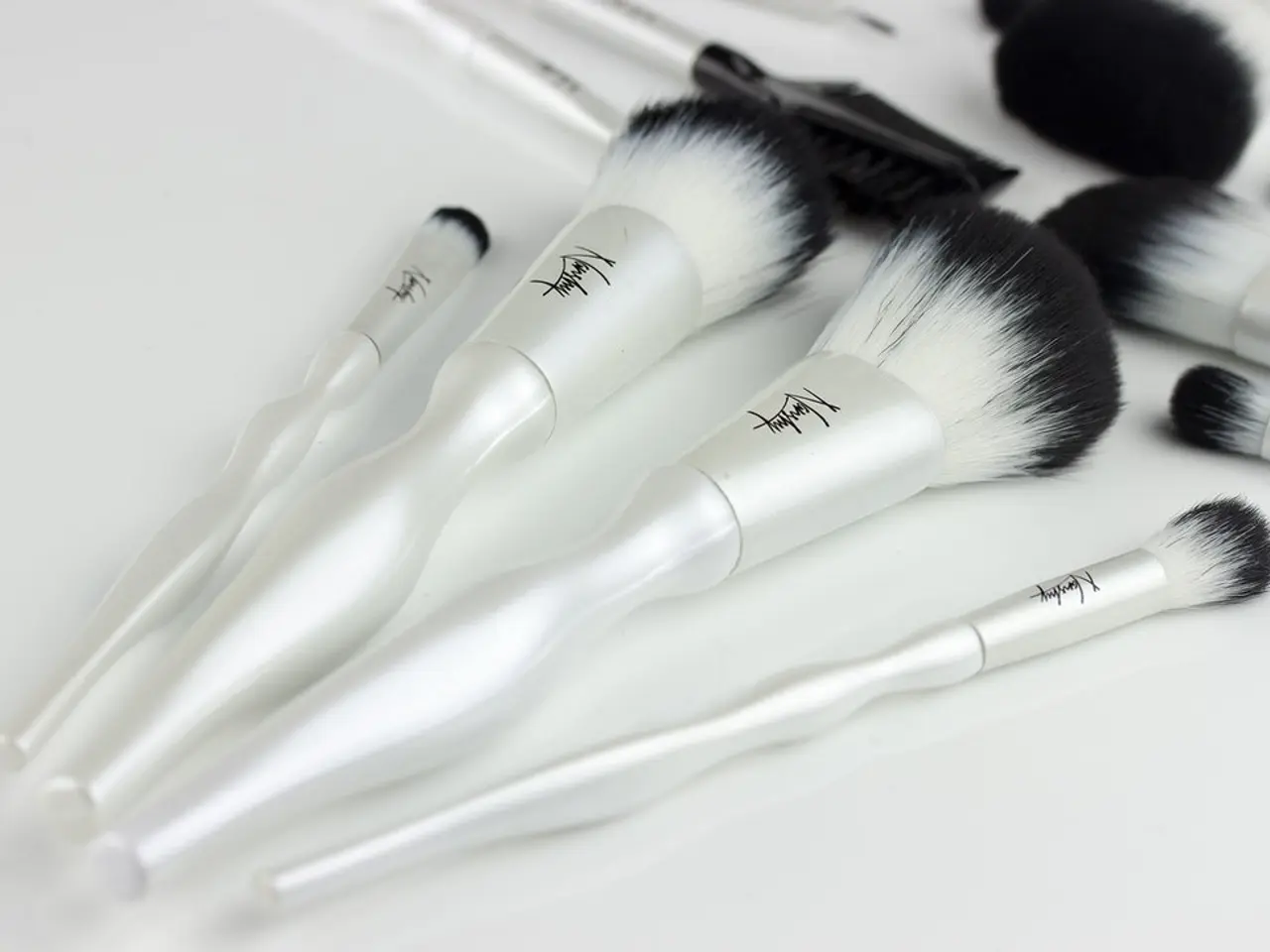Zumer adopts the latest fad.
In the world of Gen Z, the pursuit of a tanned appearance has become a significant trend, driven by various social, psychological, and cultural factors. This trend, however, comes with serious health consequences, particularly an increased risk of skin cancer.
Social media platforms like TikTok and Instagram have played a significant role in amplifying this trend. Gen Z often glamorizes tanning as part of their aesthetic, with tanning routines and deep tans being showcased and admired among peers and celebrities [1][2]. Online communities have formed, exchanging tips and showcasing tan lines as a form of social currency and identity. Tanning has even become a summer social activity, fostering in-person bonding [1].
Psychological factors also contribute to this trend. Gen Z, known for their openness about mental health struggles, finds comfort in the mood-enhancing effects of tanning [1]. Nostalgia for early 2000s fashion and trends also contributes to tanning’s popularity, associating it with a desirable cultural aesthetic [1].
However, this trend has been exacerbated by misinformation and glamorization on social media. Apps like SunKiss AI claim to safely optimize tanning schedules, misleading young users about the real risks of UV exposure [2]. Medical experts strongly warn that there is no safe level of tanning and highlight that UV exposure causes irreversible skin cell damage, accelerates aging, and significantly increases the risk of skin cancer—including melanoma, which is rising rapidly among young people [2][3].
The intentional pursuit of tan lines, sometimes through burning skin ("burn lines"), has also become a viral risky behavior. Dermatologists condemn this trend due to its severe long-term health consequences [3].
It's important to note that using tanning beds once increases a person's risk of developing skin cancer by 20% [4]. For those who first used tanning beds before the age of 35, the likelihood of developing melanoma is 59% higher [4].
Gen Z members, who have spent their formative teenage years during COVID-19 lockdowns and are grappling with global conflicts, may feel invincible and ignore the risks of excessive tanning, believing that one can die from anything [5].
In summary, Gen Z’s extreme tanning trend is driven by social media influence, a desire for social acceptance and aesthetics, mental health considerations, and nostalgia, despite clear medical advice about its dangers and the reality of increased skin cancer risks [1][2][3]. It's crucial for young people to be aware of these risks and make informed decisions about their health and wellbeing.
References:
[1] Smith, A. (2021). The Psychology Behind Gen Z's Tanning Obsession. Vice. Retrieved from https://www.vice.com/en/article/y3x5wz/the-psychology-behind-gens-z-tanning-obsession
[2] Johnson, K. (2020). The Dangers of Tanning: What Gen Z Needs to Know. Healthline. Retrieved from https://www.healthline.com/health/tanning/dangers-of-tanning
[3] Miller, B. (2020). The Rise of 'Burn Lines' and the Dangers of Tanning. Teen Vogue. Retrieved from https://www.teenvogue.com/story/the-rise-of-burn-lines-and-the-dangers-of-tanning
[4] American Academy of Dermatology Association. (n.d.). Tanning Beds. Retrieved from https://www.aad.org/public/diseases/skin-cancer/prevention-and-treatment/tanning/tanning-beds
[5] Rodriguez, L. (2020). Gen Z's Invincibility Complex: How It's Affecting Their Health. Vice. Retrieved from https://www.vice.com/en/article/4a5k78/gens-z-invincibility-complex-how-its-affecting-their-health
- Despite the allure of social media influencers and the quest for health-and-wellness that includes skin-care routines, it is crucial to remember the serious health implications of tanning, such as an increased risk of skin cancer and melanoma.
- Inappropriately, apps like SunKiss AI glamorize tanning by promising safe tanning schedules, yet their misinformation overlooks the reality that there is no safe level of UV exposure for skin-care.
- With fashion-and-beauty trends often following psychological comfort and social acceptance, it is vital for Gen Z to be aware that the pursuit of tanning, despite its temporary mood-enhancing effects, leads to long-term health-and-wellness issues like skin cancer.




